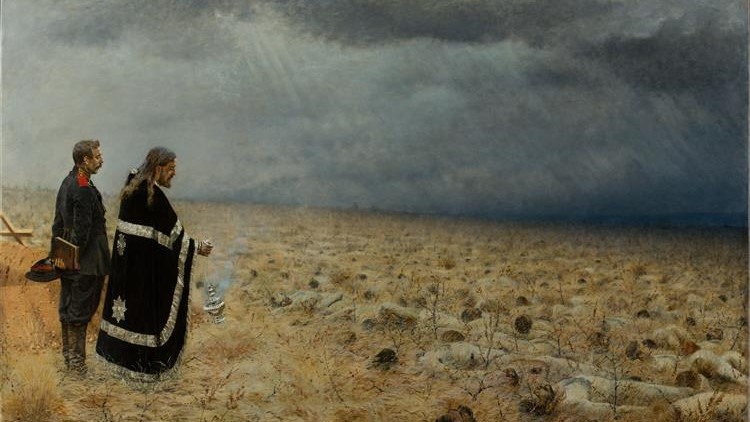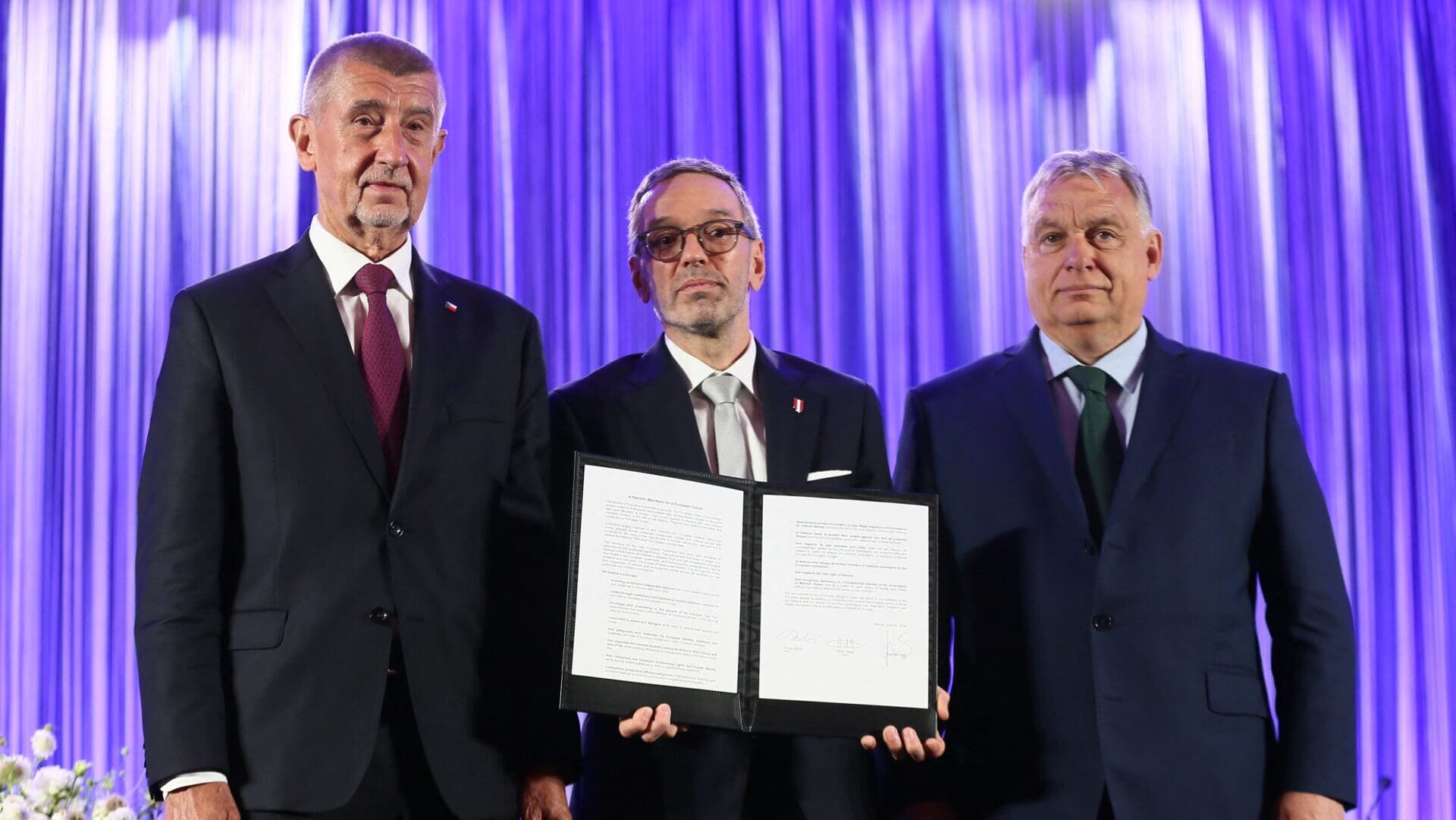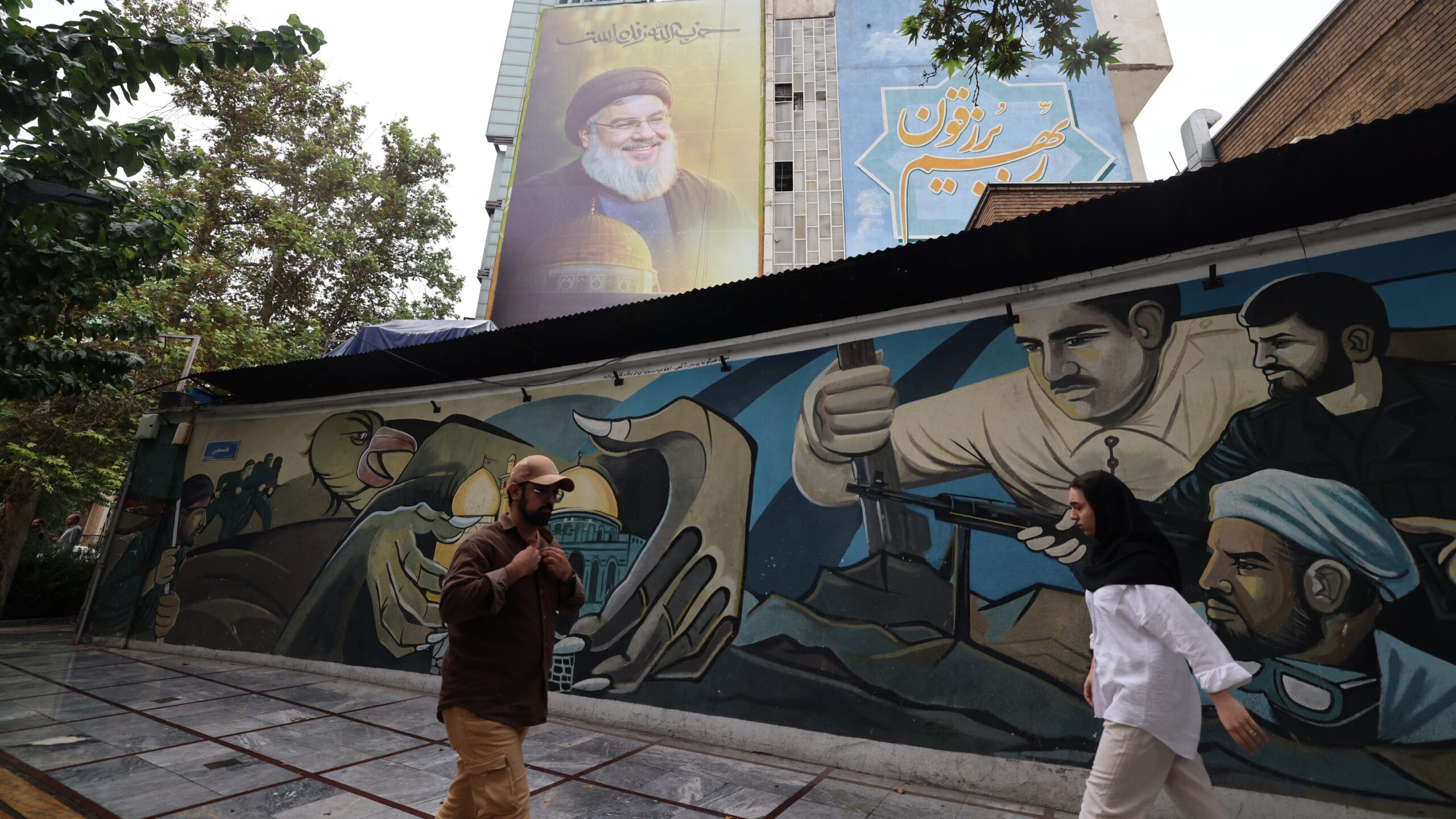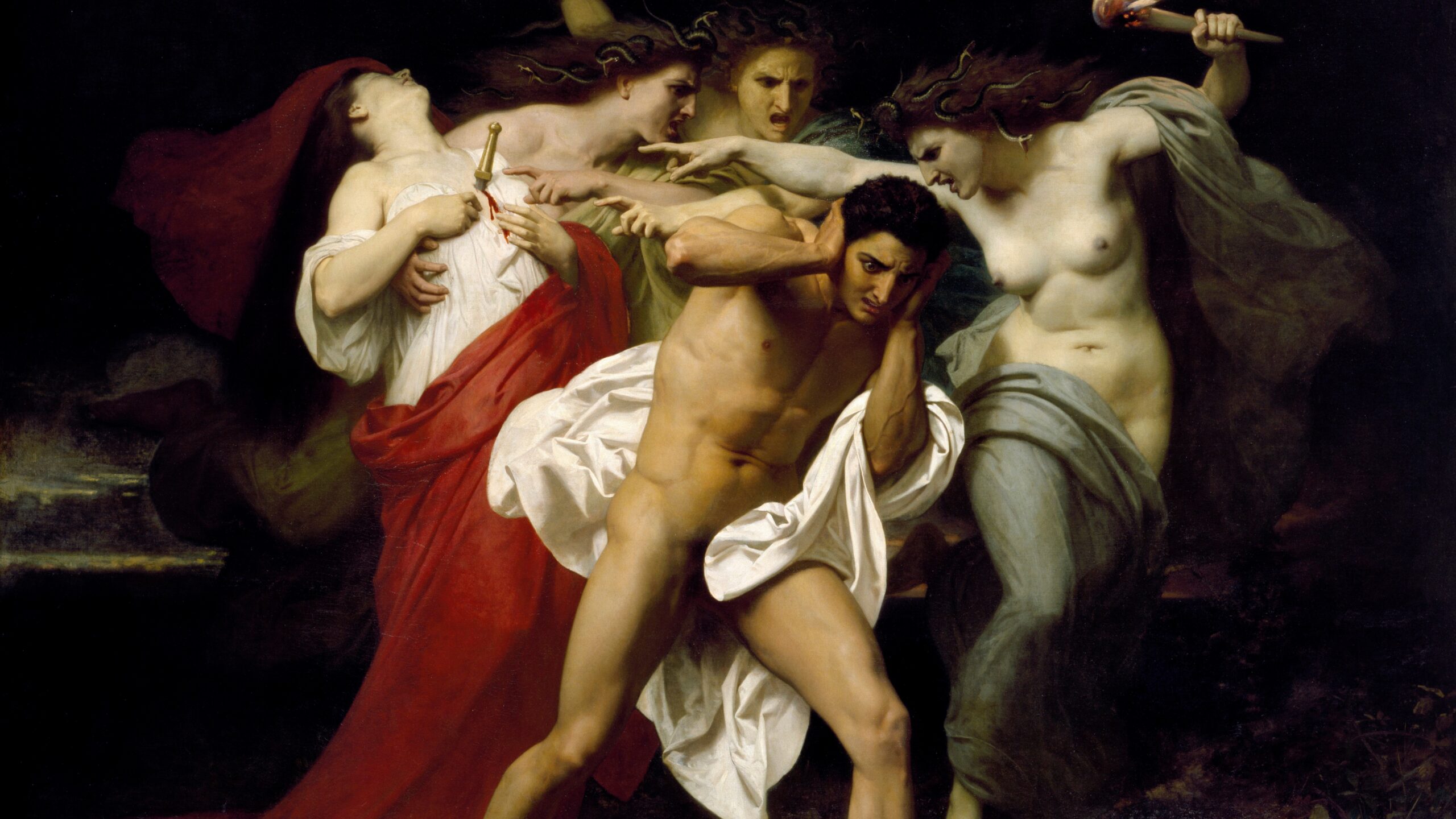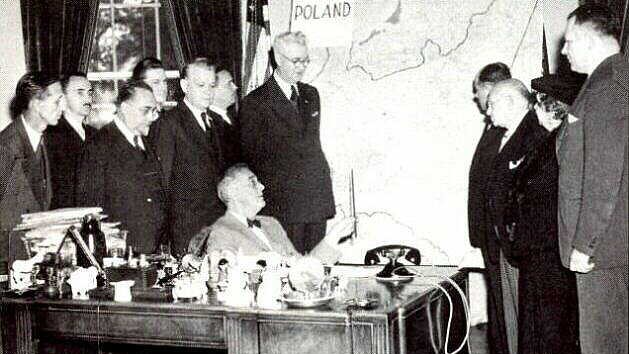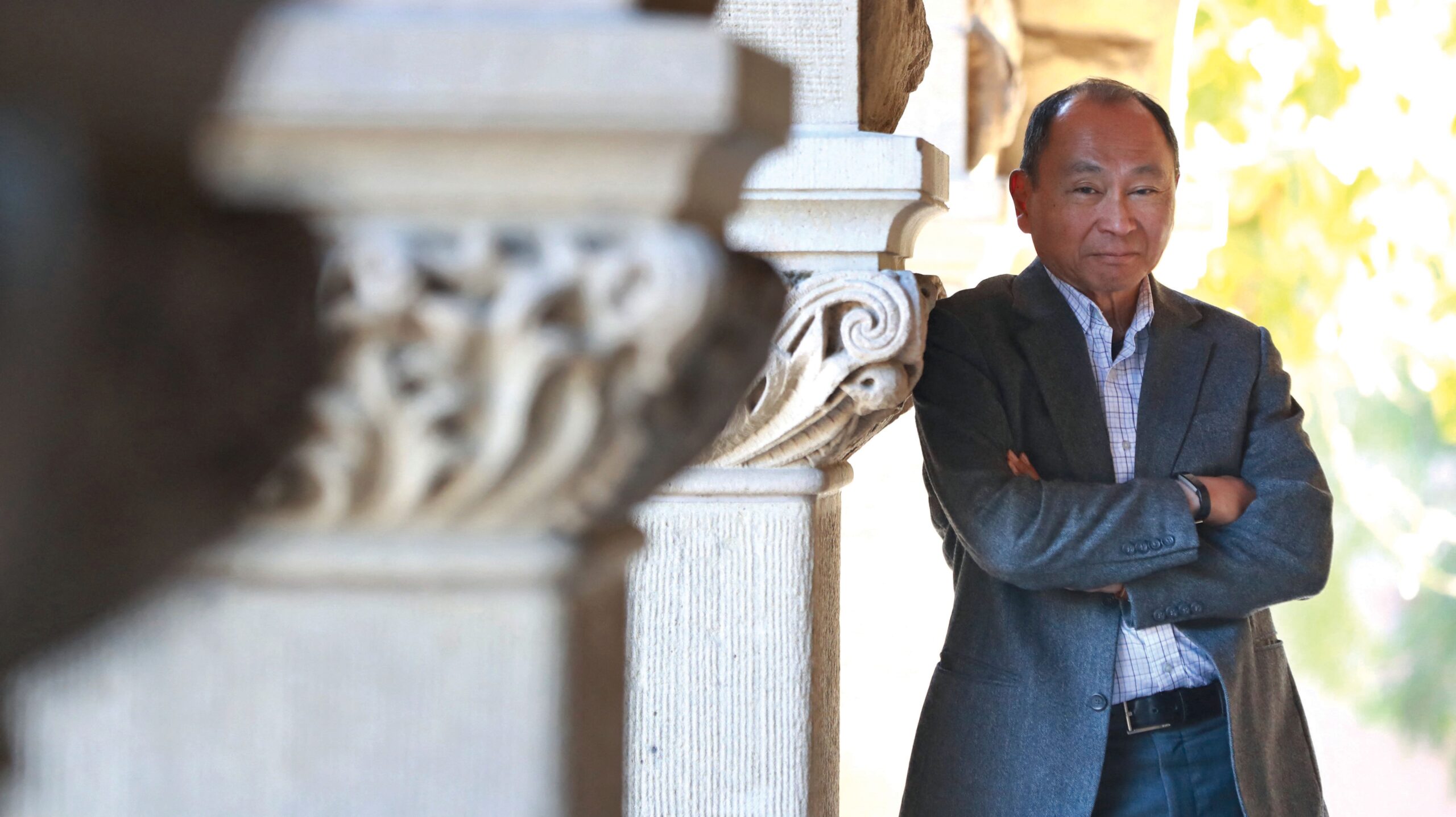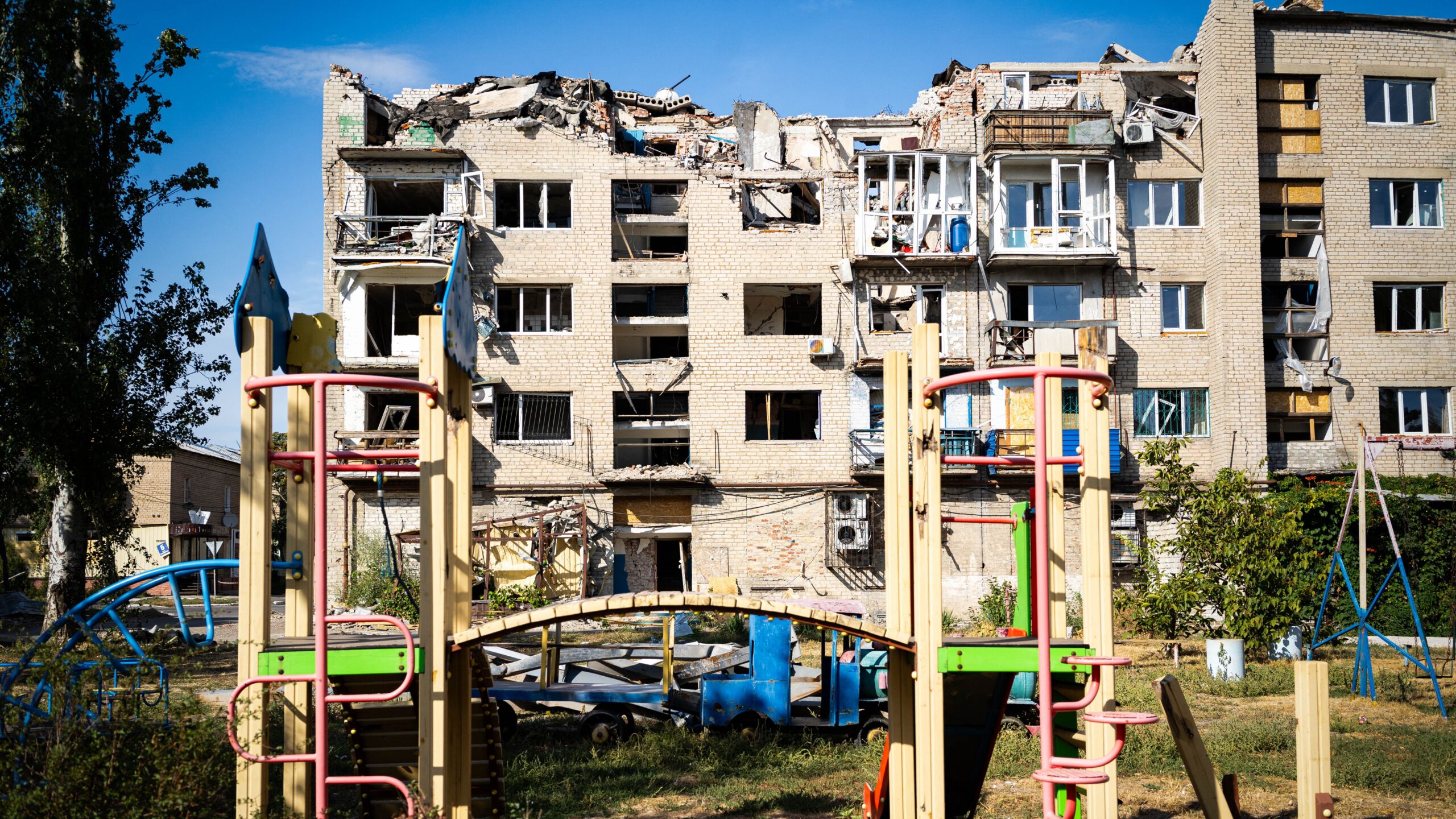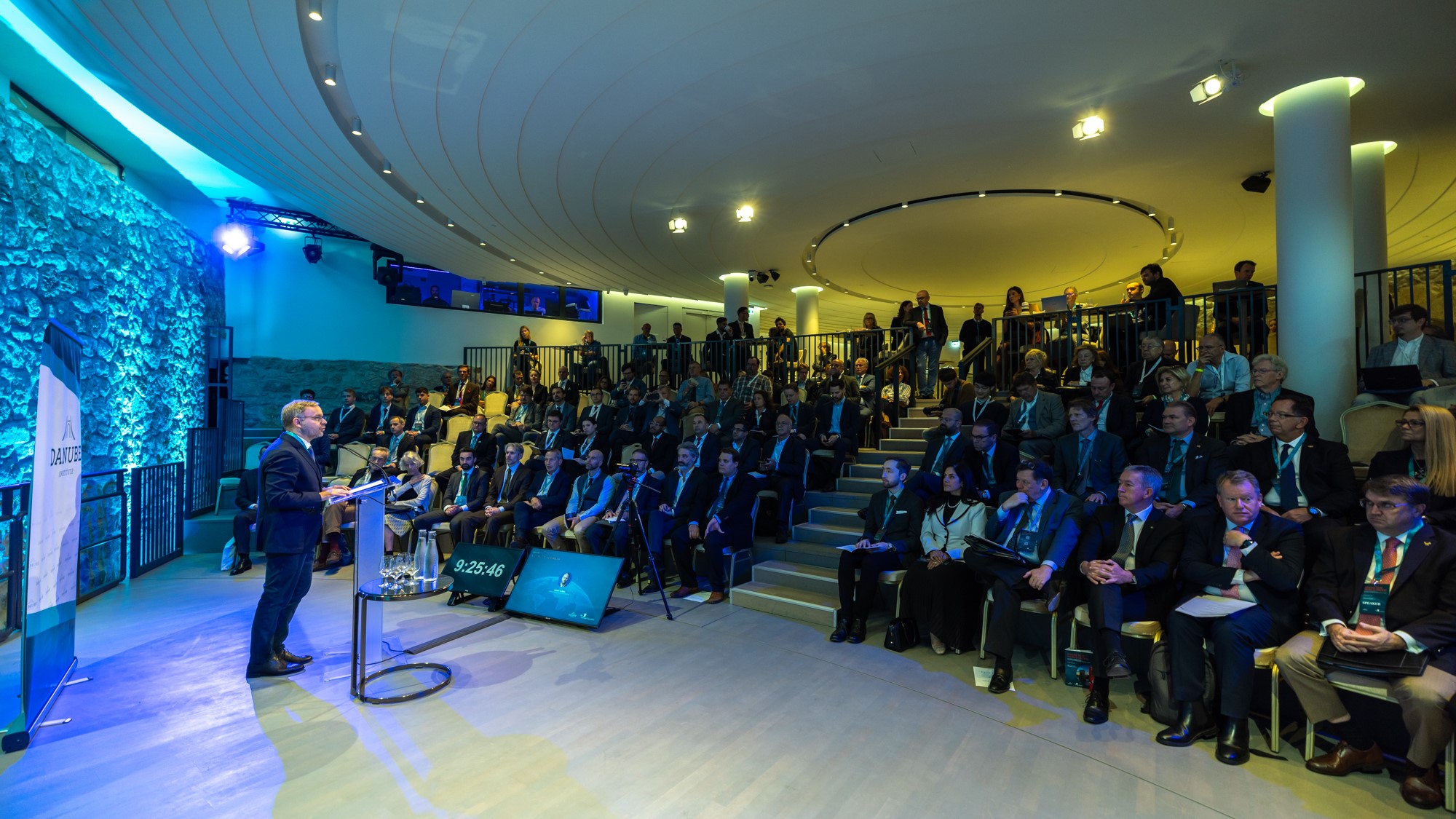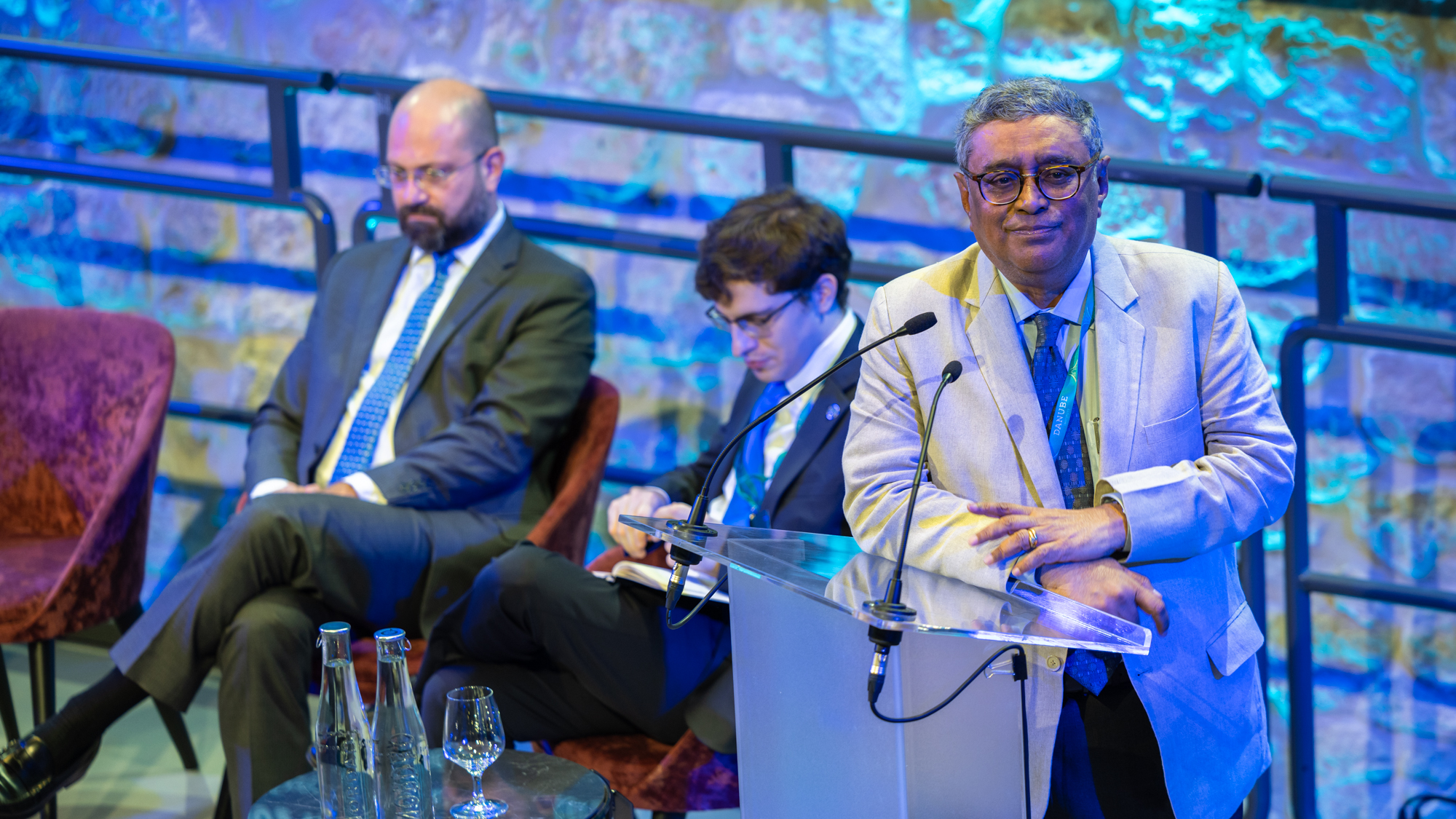
Second Pro-Israel Summit in Budapest: Hungary Recommits to Supporting Israel
Minister of Transportation Miri Regev of Israel thanked the Hungarian government on behalf of Israeli PM Benjamin Netanyahu for its unwavering support for Israel since the 7 October Hamas attack at the second International Pro-Israel Summit, hosted by the Center for Fundamental Rights in Budapest, Hungary. Witnesses of the attack also took the stage at the event.

